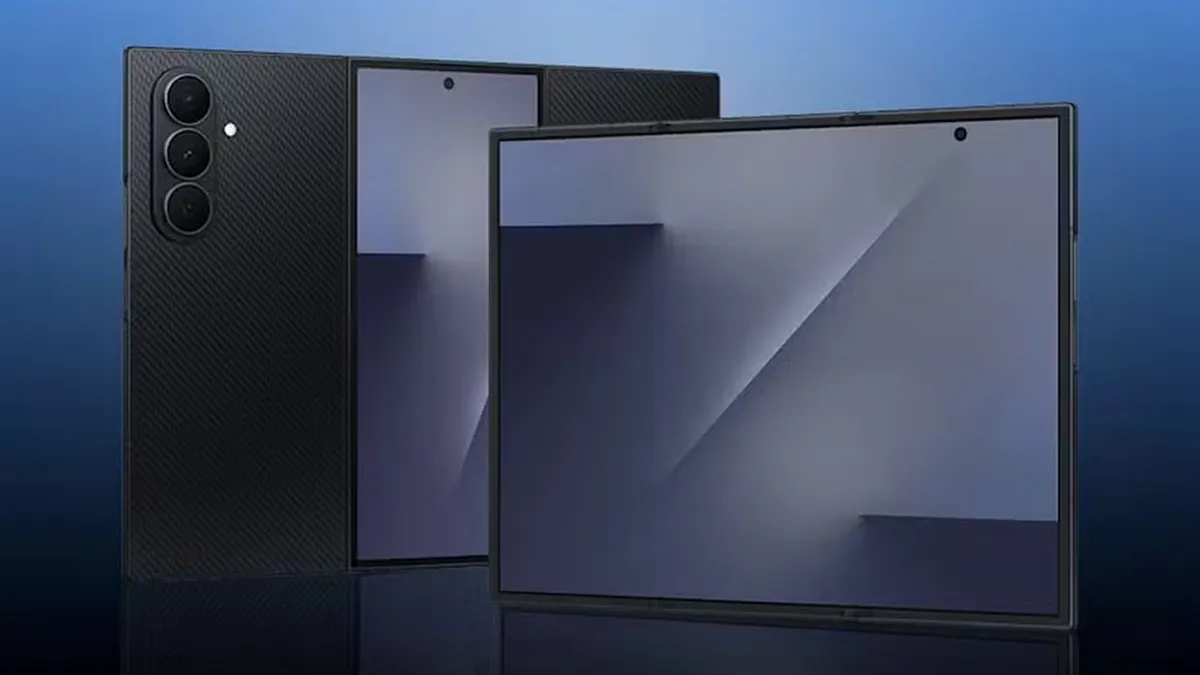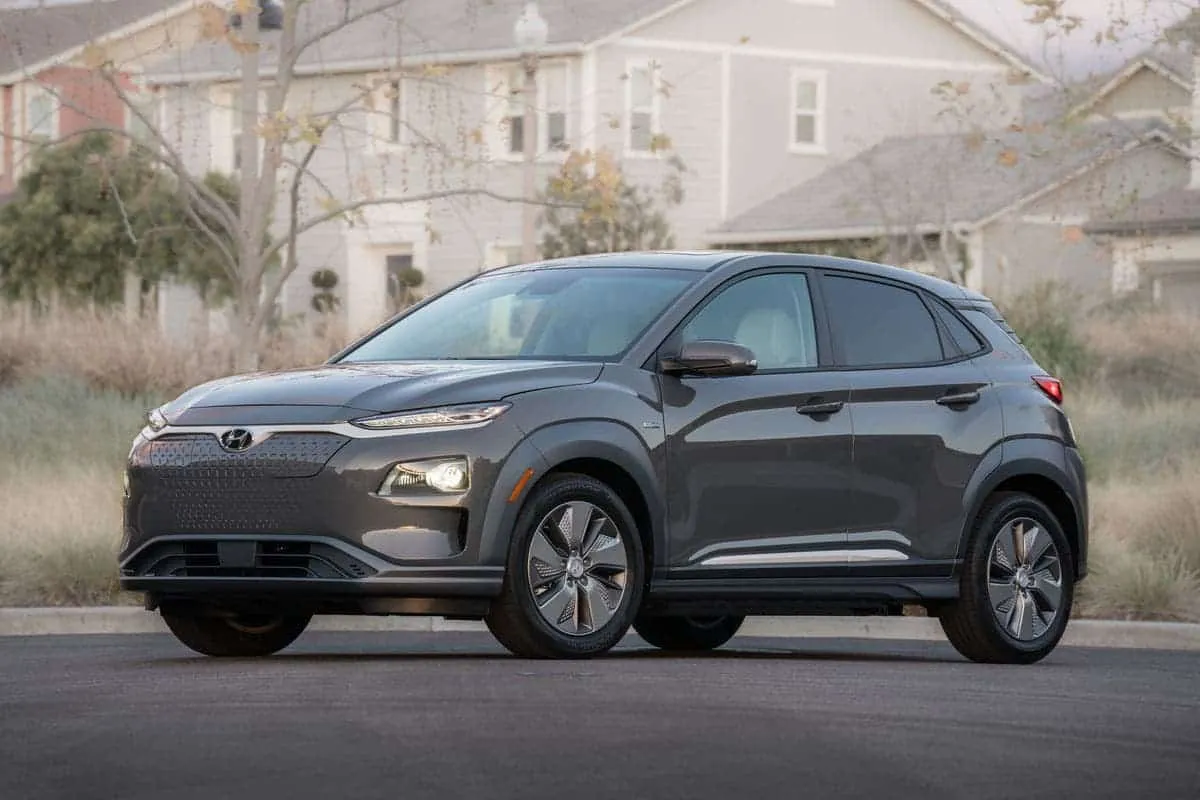
India is considering reducing import duties on electric vehicles (EVs) if automakers build locally, according to a Reuters report. This move comes as Tesla has been lobbying the Indian government to lower import taxes on EVs, which currently stand at 60% for vehicles costing $40,000 or less and 100% for those priced above that. However, this figure will now reduce in a phased manner to 10% by year five but only for a maximum of 2.5 lakh units per year. The Budget 2023-24 also outlined that customs duty on cars, including electric cars, in semi-knocked down (SKD) form will rise to 35% from 30% earlier. Already, cars imported as completely built units (CBUs) with CIF of more than $40,000 or with engine capacity of more than 3,000 ccs for petrol-run cars and more than 2,500 ccs for diesel-run cars attract 100% customs duty.
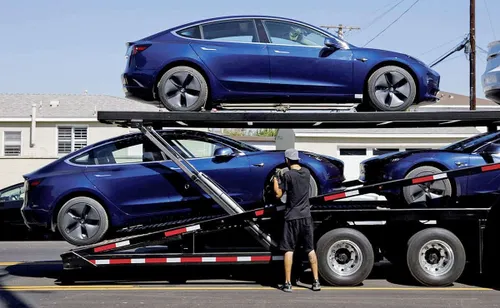
Indian import duty taxes
India is quite strict with its import taxes and it uses it as part of its efforts to boost local manufacturing. The country is also doing all it can to promote the "Made in India" campaign. Here are some key points about India's import duty on electric cars:
1. Objective: The import taxes on electric cars are aimed at encouraging domestic manufacturing and reducing reliance on imported cars.
2. High Vehicle Taxes: Taxes on cars in India, including EVs, are among the highest globally. This has drawn criticism from brands like Tesla, which had previously shelved plans to enter the Indian market due to high tariffs.
3. Make in India Campaign: The tax hikes on imported cars and motorbikes, including EVs, align with Prime Minister Narendra Modi's "Make in India" campaign. It aims to promote domestic manufacturing and boost the Indian economy.
4. Impact on EV Market: India's EV market is still relatively small as it accounts for about 1% of total car sales in the country in 2022. However, the growth of the EV market has been rapid. There are Indian brands like Tata Motors and Mahindra & Mahindra leading the way.
India's move to cut import taxes on electric cars reflects its efforts to promote local manufacturing and reduce dependence on imported cars. The high taxes impact the price of imported electric cars in India. However, it encourages people to settle for Made In India electric cars.
Tesla's Push for Lower Import Taxes
Tesla has been lobbying the Indian government to lower import taxes on EVs, which currently stand at 60% for vehicles costing $40,000 or less and 100% for those priced above that. The company has written to Indian ministries seeking a big reduction in import duties on EVs. According to Tesla, this move will boost demand and increase sales. Tesla officials have also approached various government departments, reviving plans for India. The company has been eyeing the Indian market to sell its popular electric cars. However, its plans took a backseat due to high taxes levied by India on completely built units (CBU) of imported vehicles.
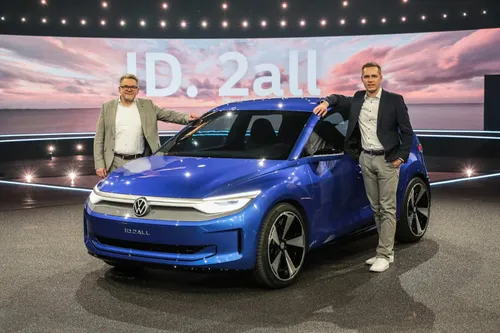
But with the ongoing negotiations, it appears that the government in India is now considering Tesla's request. While it may not make the tax as low as Tesla proposes, it may take a huge cut from the original 60%. Tesla claims that the low import duties will help it to sell its full range of cars in India. Other nations have taken similar steps to boost local trams after Indonesia offered to cut import duties from 50% to zero for electric cars. However, this tax cut will only be available for brands that are ready to invest in the country. It appears that India will take a similar route and cut taxes for brands that are willing to invest in the country.
India's Plan to Cut Import Duty on Locally Built Electric Cars
The policy being considered by India could allow automakers to import fully-built EVs into India at a reduced tax as low as 15%, compared to the current rate of 60%. This move is aimed at encouraging automakers to build EVs locally and boost the country's EV industry. The Indian government is apparently considering lowering import duties for electric cars. Also, there could even be a "sharp" reduction in import duties. For electric cars with a value of less than $40,000, the rate is to drop from the current 60% to 40%. However, for cars costing more than $40,000, the rate is to drop to 60% from 100% currently.
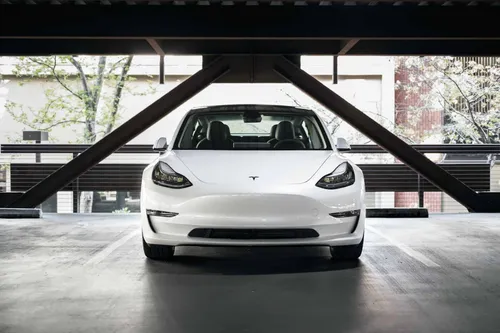
Conclusion
India's plan to cut import duty on locally built electric cars is aimed at encouraging automakers to build EVs locally and boost the country's EV industry. The move comes as Tesla has been lobbying the Indian government to lower import taxes on EVs. The Indian government is apparently considering lowering import duties for electric cars, and there could even be a "sharp" reduction in import duties. This could be a big boost for the EV industry in India and encourage more automakers to build EVs locally.
It's worth noting that India's import tariffs and trade regulations have been a point of concern for foreign investors and exporters. The country has high average applied tariff rates, which have not improved in recent years. However, the potential tax cut for brands investing in India's EV sector indicates a willingness to attract foreign investment and promote domestic manufacturing in strategic industries.
Popular News
Latest News
Loading




